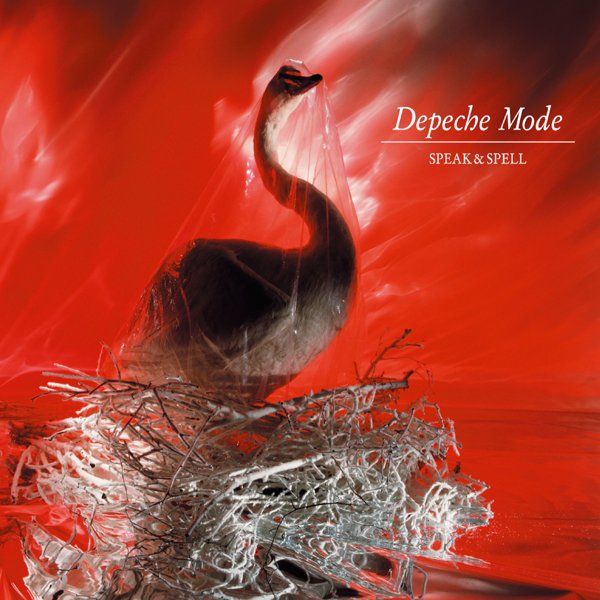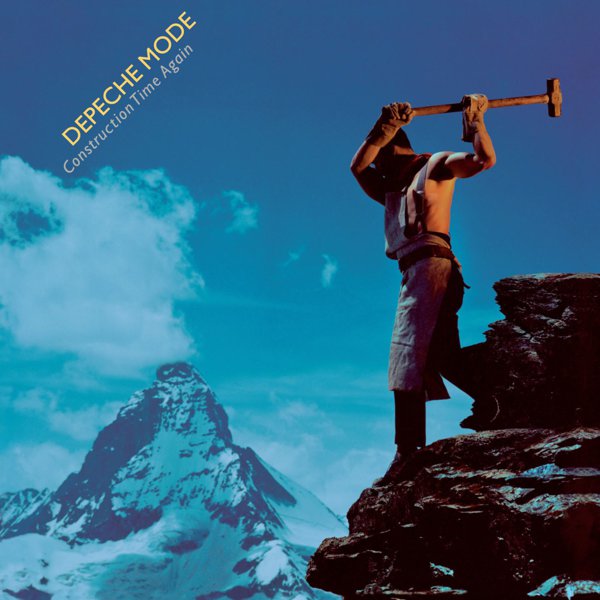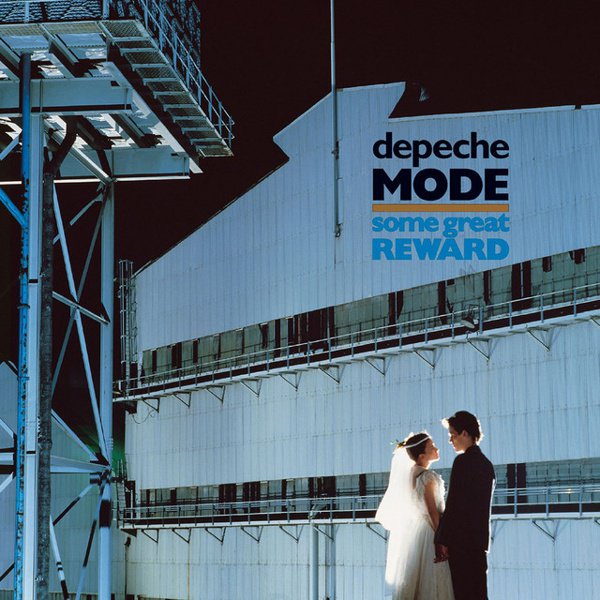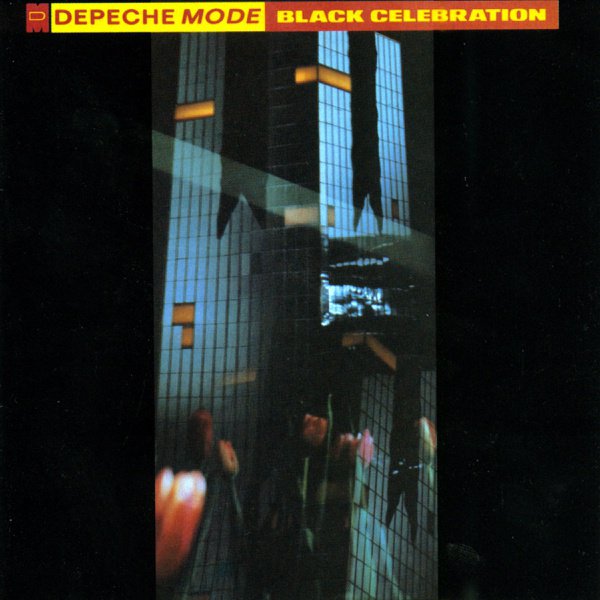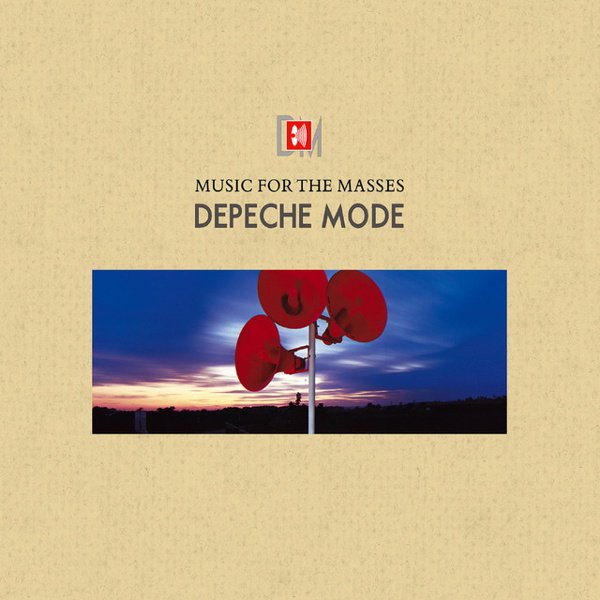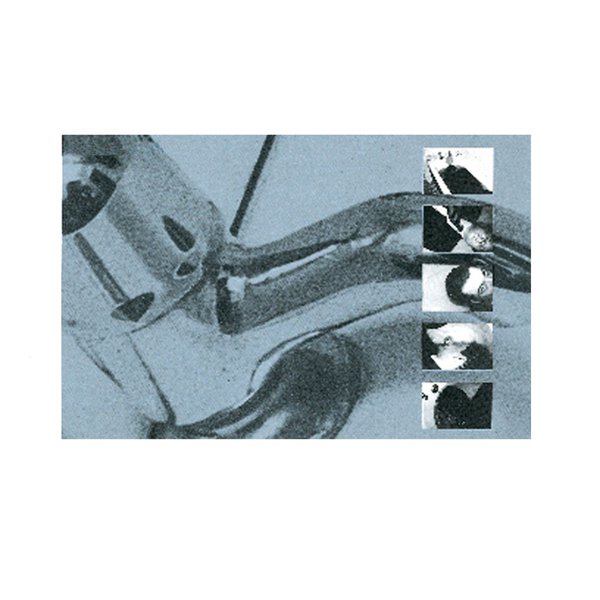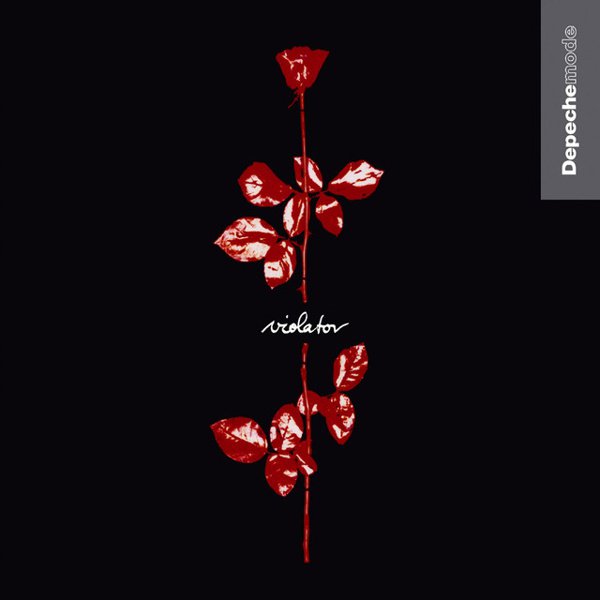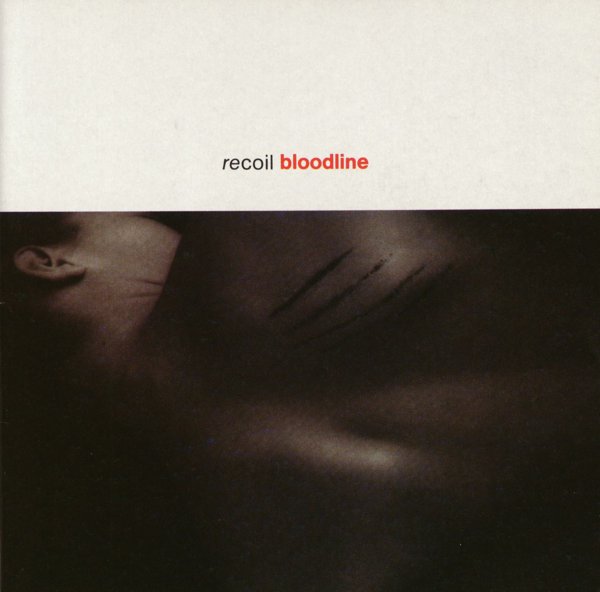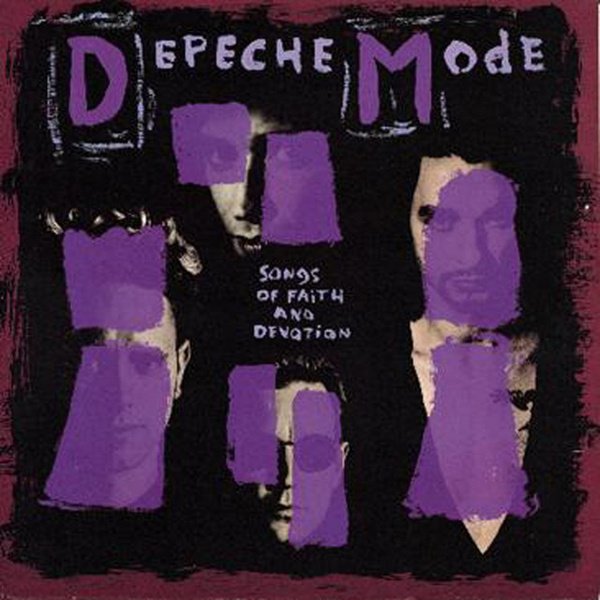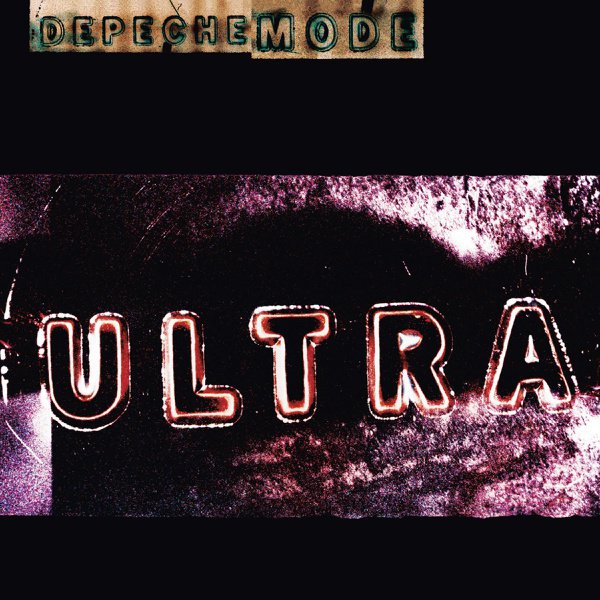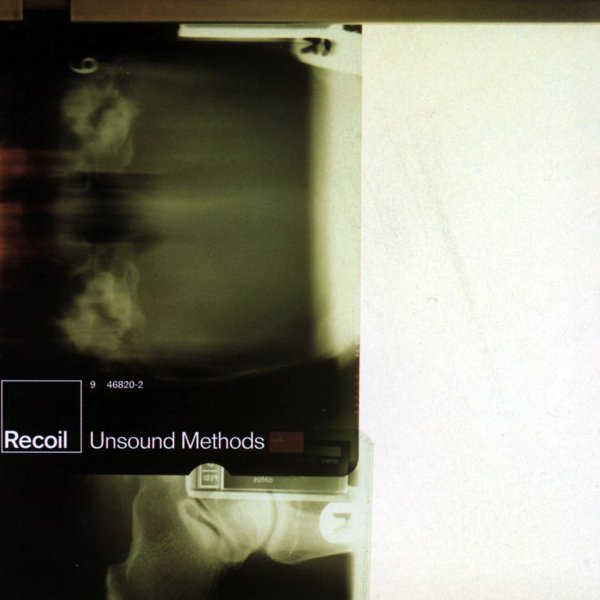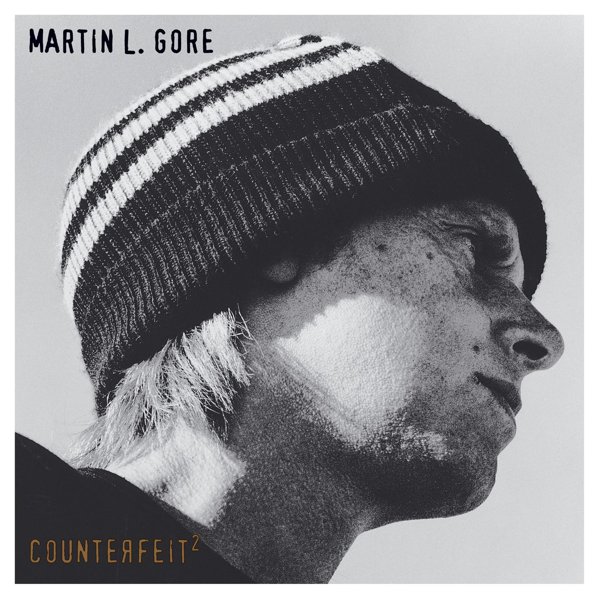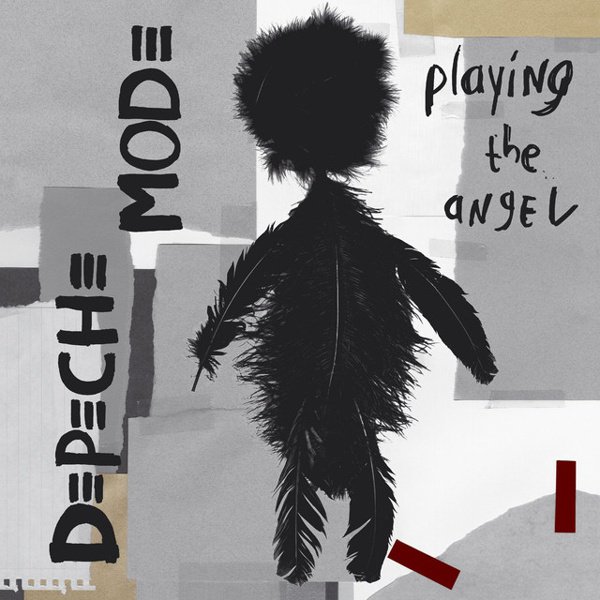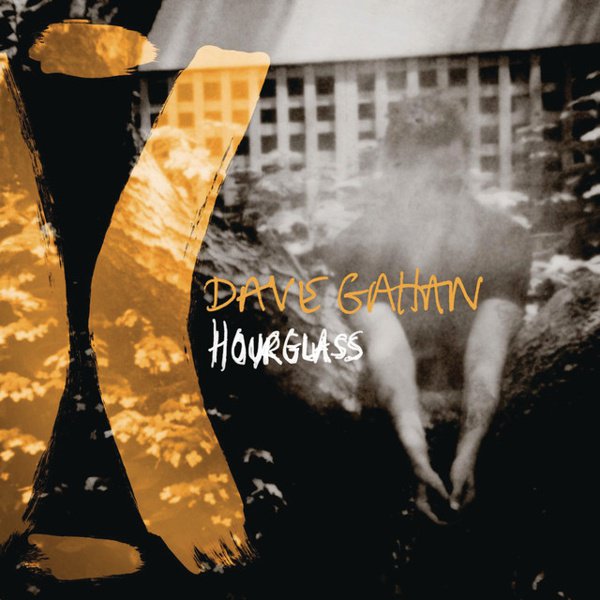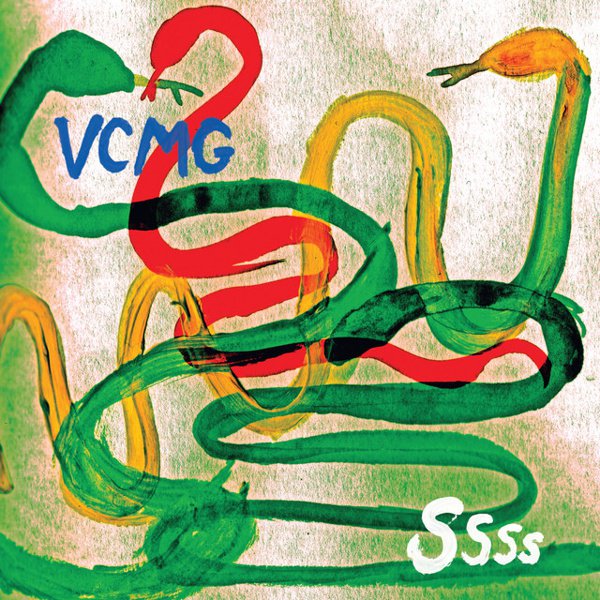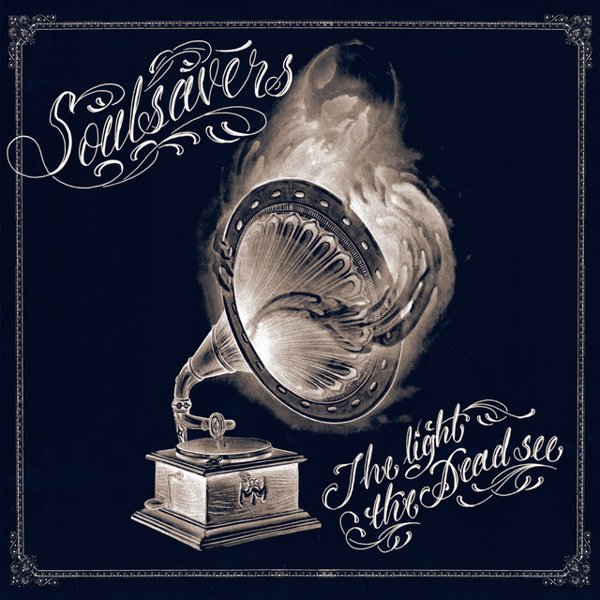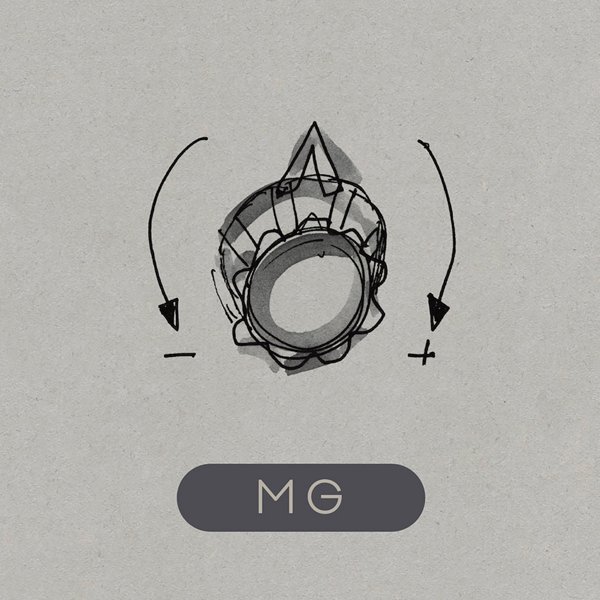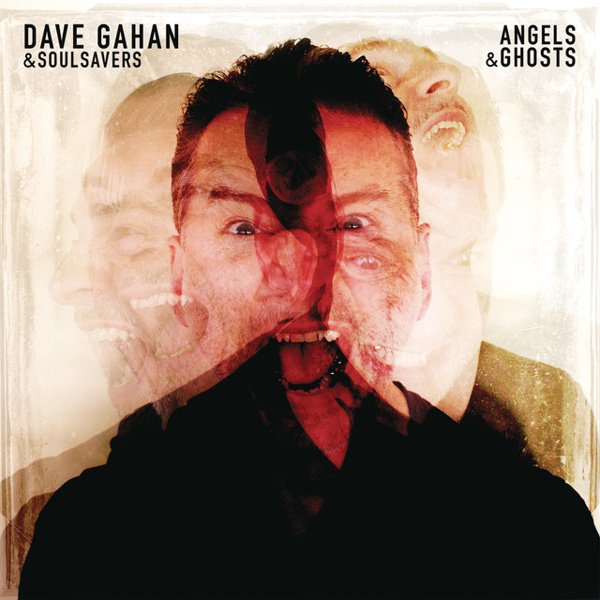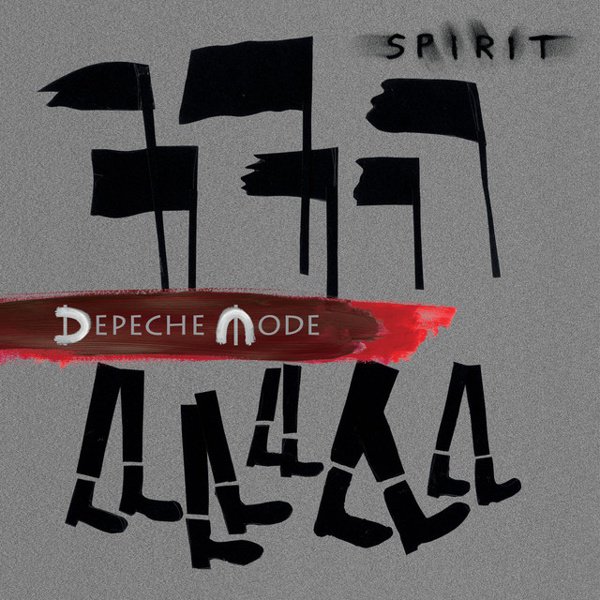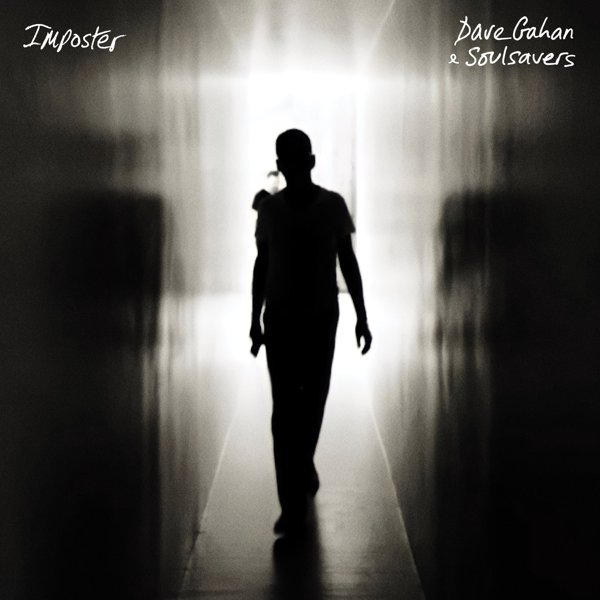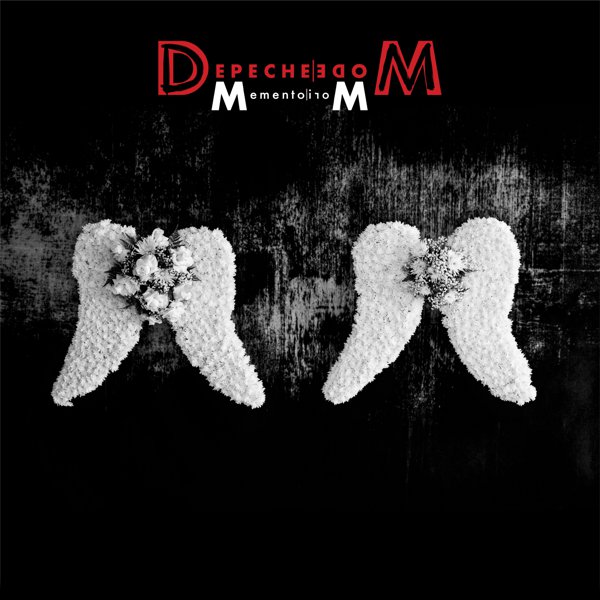The story of Depeche Mode remains one of the most unlikely ones in modern music. Anyone who had predicted at the end of 1980 that the sweetly gawky and very young men from Basildon, Essex playing a slew of synthesizers, a band who had just signed to a buzzy independent electronic music label in London, would a decade later have comprehensively rewritten the rules of what pop could be, both on the charts and in numerous subcultural ways, and have the worldwide success to show for it, would simply have been laughed at or ignored. It ultimately led to decades’ worth of hit albums and songs and tours and a story and sound fully woven into pop’s lingua franca. Such was the story of that remarkable act, whose key songwriter Martin Gore once supposedly said, regarding the possibilities that a simultaneously broad-minded but relentlessly catchy approach could provide, that if you call yourself a pop group, you can get away with murder.
Gore himself wasn’t the key band figure initially, with Vince Clarke serving as the main songwriter for their first singles and debut album for Daniel Miller’s groundbreaking Mute label, Speak & Spell, which contained their first stone-cold classic, the breezy bubbling pep of “Just Can’t Get Enough.” Fielding a lineup of Dave Gahan on vocals and Clarke, Gore and Andy Fletcher on keyboards, they suddenly seemed to be at a loss when Clarke quit the band to pursue his own path, first leading to Yazoo and eventually Erasure. But Gore stepped up as songwriter, with their next single “See You” being an even bigger hit in the UK than “Just Can’t Get Enough.” Meantime the trio soon recruited an already established keyboardist, Alan Wilder, to fill out their touring commitments, leading them to invite him to become a full band member. From there, Depeche combined Gore’s incessantly catchy and lyrically intense songs with Gahan’s increasingly rich vocals, often with Gore as a contrasting or harmonizing singer plus occasional lead turns. Meanwhile, Wilder’s growing ear for arrangement possibilities and technically accomplished performances on new generations of synths and samplers, as well as Fletcher’s knack for essentially managing the band while serving as a good set of ears for what worked best out of their compositions, positioned the group to embark on an amazing run of singles and albums.
Initially they pretty well invented industrial-pop via Construction Time Again and Some Great Reward – the latter including their epochal single “People Are People,” a number one German smash and the band’s first fluke American hit – then shifted to increasingly darker but, almost contradictorily, more and more popular albums, playing with rock textures amid the electronics on Black Celebration and Music for the Masses. The worldwide tour for the latter ended with a monumental show at the Rose Bowl in Southern California; documented by both a live album and a D. A. Pennebaker film called 101, it underscored, in some cases to the real surprise of listeners in their home country, just how huge the band had become elsewhere. All the while there was a concurrent impact on scenes ranging from the Detroit techno innovators that began to show what 90s electronic music would be to the US industrial underground which would eventually spawn Nine Inch Nails to a thriving German electronic music community that reached beyond into eastern Europe and the soon-to-be former Soviet Union, where the band would later quickly become post-Cold War superstars.
Even as Wilder, with his Recoil project, and Gore with an initial covers EP, Counterfeit, had already started formal solo careers on the side, Depeche in combination with producer Flood and disco production legend Francois Kevorkian on mixing created a worldwide monster of a release with Violator, containing what ultimately proved to be their two signature songs, the walloping glam-twang of “Personal Jesus” and the sweeping, beautifully melodramatic pulse of “Enjoy the Silence.” By the time of Songs of Faith and Devotion, however, that album’s intriguing sidestep into overt rock dynamics and sounds was overshadowed by Gahan’s growing drug problems and fractured band unity overall, exacerbated by a punishing world tour that, in combination with personal family losses, caused Fletcher to have a nervous breakdown. All this and much more led Wilder to quit the band by the mid-90s to focus on Recoil full time, while Gahan suffered near-death experiences and a long but successful recovery and new sobriety, with the band reorganizing under new management by Jonathan Kessler to look to the future.
The resultant sleek late-night vibes of Ultra presented a striking path forward for the band, now further musically informed by the series of producers they worked with from that album forward, but also centered on a balance between Gahan’s singing, with him showcasing a new and active interest in vocal training, and Gore’s ever more intensely personal songs. The early 2000s, however, brought a new tension between the two, as Gahan’s first independently-written songs didn’t get included on a Depeche release. This eventually led to solo efforts by both Gahan and Gore, the latter with a new covers collection, Counterfeit², as the band’s existence seemed in question again. With Fletcher and others helping to smooth the waters, the result was a striking new success in Playing the Angel, heralding an accomplished elder statesman phase for the band’s career. Gore and Gahan also continued concurrent solo work, with Gore exploring instrumental albums, including a notable, unexpected effort with former bandmate Clarke, while Gahan struck up a partnership with the duo Soulsavers that led to two full original albums as well as an all-covers album.
Supplemented by archival rereleases plus a continuing series of concert and documentary films and other collections, Depeche Mode continued to be a reliable recording and touring standby through the 2010s. Their 2017 album Spirit found the group tapping into the new sensibility of global unease with parallels to their 1980s work. Tragically, that album sadly proved to be the last for Depeche Mode as a trio of Gore, Gahan and Fletcher when, following a pause in new group activity due to COVID, enjoyably broken up by their election to the Rock and Roll Hall of Fame in 2020, Fletcher suddenly died in May 2022 due to an aortic dissection. It initially seemed to many fans this might be the end of the line, but Gore had already been working on new songs for future work, and what was now a core duo of Gore and Gahan recorded and released 2023’s Memento Mori to wide acclaim and a return to the live arena. It all underscored how successful and beloved that seemingly unlikely group had become, the one-time kids messing around with cheap late seventies synths who reshaped the sound of music.

